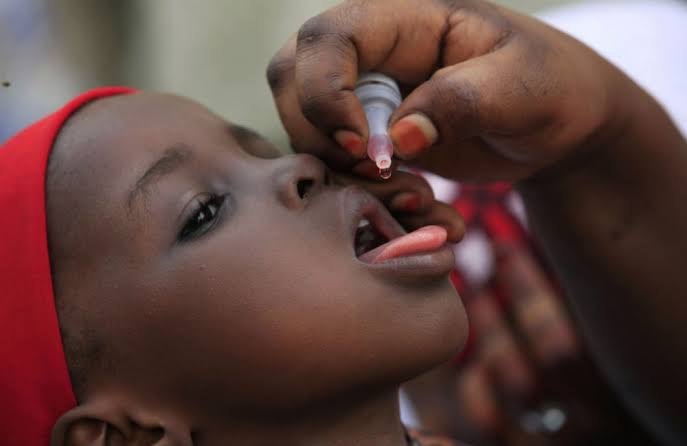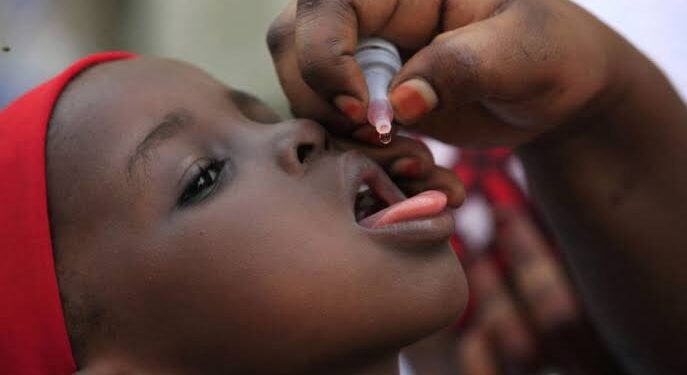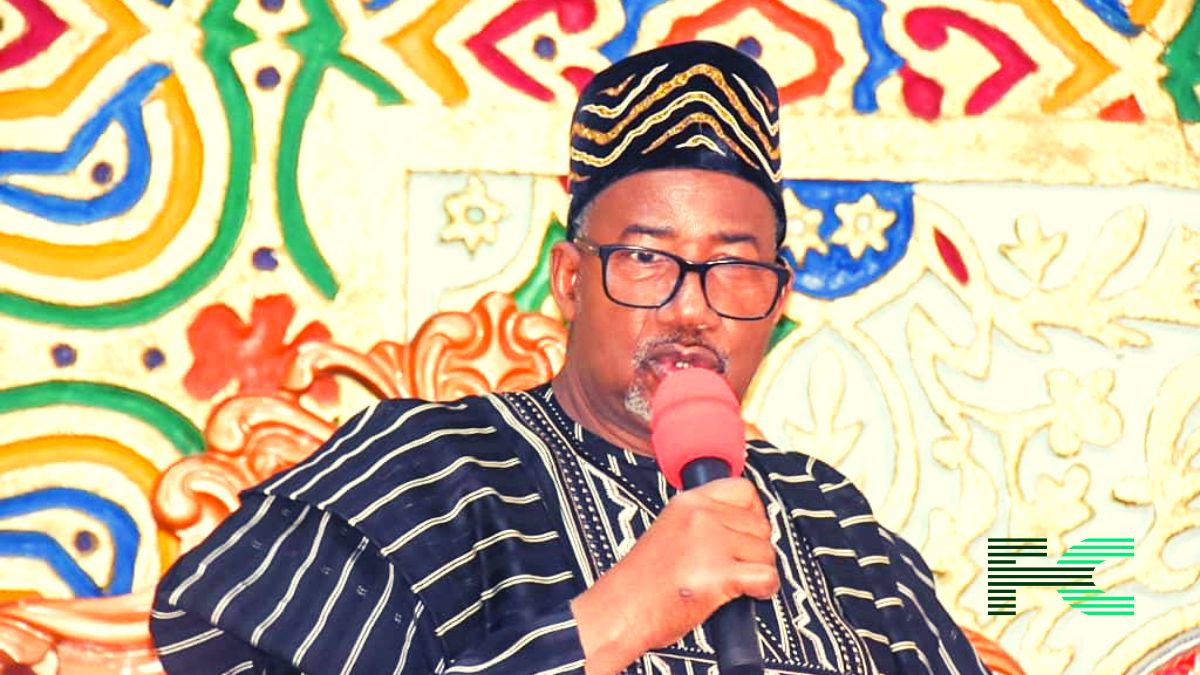As the state works with partners to reach 3.6 million children, the governor of Kano State, Abba Yusuf, reaffirmed the state’s commitment on Sunday to eradicate polio and other infectious childhood illnesses.
He made the commitment over the weekend in Kano while launching the state’s 2024 polio eradication campaign in the Dawakin Kudu local government.
He said that the state government would work with local communities to reach out to every section of the state to ensure that all children receive vaccinations, in response to the government’s commitment to step up vaccination efforts.
In order to provide children with the required protection, he continued, the state government would maintain its vigilance to ensure routine immunisation.

While urging parents to make their children available for immunisation, Yusuf emphasised the importance of keeping excellent hygiene and assured them of the government’s commitment to programs and policies that would improve their well-being.
Aminu Gwarzo, the deputy governor and chairman of the state task force on polio eradication, commended each of his partners for their dedication to eradicating the disease throughout the nation, not only in Kano.
He restated the state government’s pledge to work with funding organisations to end poliomyelitis.
According to Dr. Abubakar Yusuf, the state commissioner for health, Dawakin Kudu was selected as the flag-off location because of its low rate of routine immunisation.
“To ensure quality implementation and adherence to the SOPs and guidelines, WHO deployed 484 Field Volunteers, 68 Enhanced Independent Monitors, 45 Local Government Facilitators, 19 Assistant Public Health Officers, and six Management Support Team to provide technical support to the vaccination team and ensure that no child is left behind,” said Dr Mulombo Walter, the World Health Organization’s Country Representative, in the presence of Dr Mayana Sanusi, the State Coordinator.
In Essence
Governor Abba Yusuf’s pledge to collaborate with local communities is crucial because community engagement is often the key to overcoming resistance to vaccination and ensuring wider coverage.
The involvement of the World Health Organization (WHO) and other partners also strengthens the initiative by ensuring the deployment of technical resources and monitoring mechanisms.
This kind of multi-partner approach has been proven effective in large-scale public health efforts.
By focusing on areas like Dawakin Kudu, which have lower immunization rates, the campaign addresses a key gap in coverage.
This shows a strategic approach to targeting high-risk areas, which is essential for preventing outbreaks of infectious diseases.
The call for parents to participate and maintain good hygiene practices adds a layer of public awareness, which is often necessary to complement vaccination efforts.

















